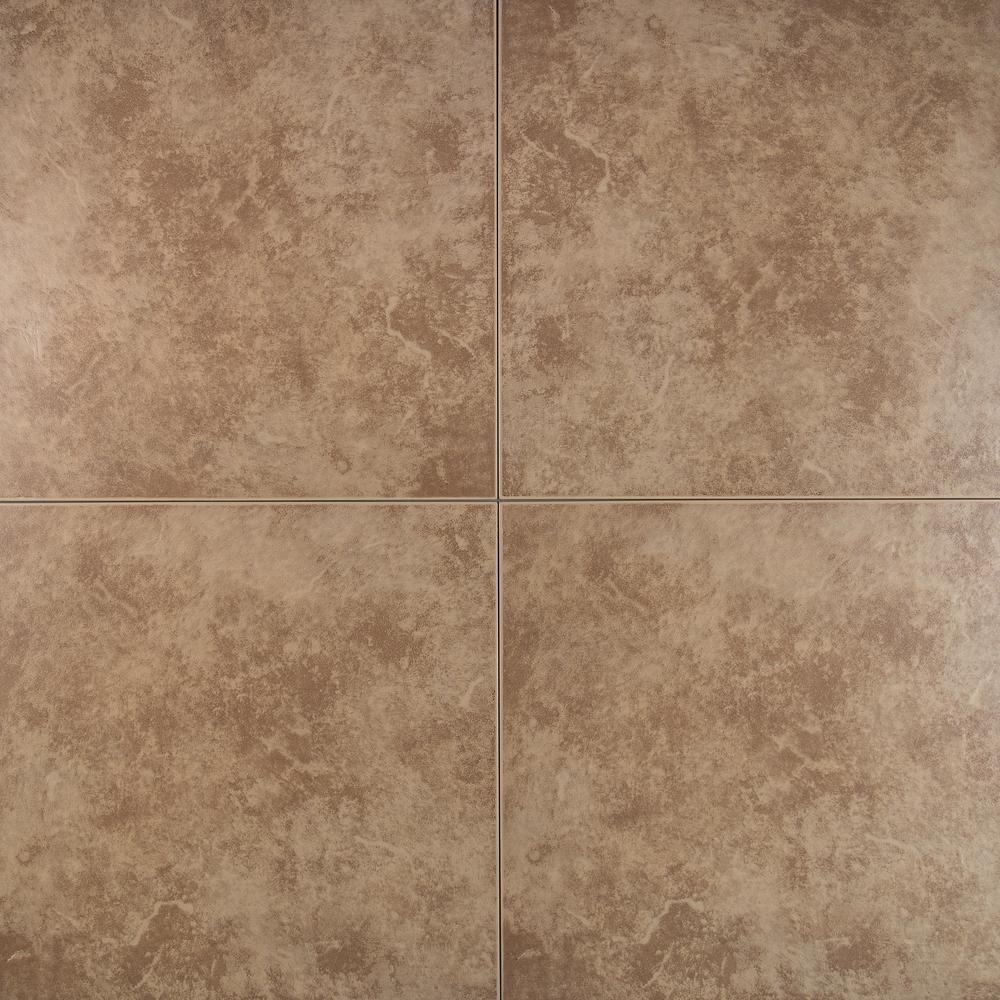A euro notch trowel from rubi tools.
Thinset thickness for heavy wall tile12x12 tile.
Thinset is a mortar that is made of portland cement silica sand and moisture retaining agents.
The difference in the amount of thinset spread out between the square notch and the slanted notch is not significant.
The size and.
Thinset mortar is not usually recommended for large heavy or uneven tiles.
It is applied to the substrate with a notched trowel.
This versatile size tile can be used on walls floors and counter tops.
Many tile installers like to use the u notchwho prefer to spread out their wall tile thinset out a little on the heavy side or for those that like to spread out their floor tile thinset a bit on the light side.
Large tile stone mortar premium mortar for tile and stone 15 premium polymer enriched large and heavy tile and thin set mortar large tile stone mortar is a premium regular setting polymer enriched modified large and heavy tile mortar that is ideal for installing large format tile and stone on floors walls and countertops.
So a 3 8 u notched trowel leaves a 1 8 bed of thinset beneath the installed tile.
The terms thinset cement thinset mortar dryset mortar and drybond mortar are synonymous.
How to lay 12 by 12 tiles on counter tops.
1 2 x 1 2 square notch.
Thinset mortar is your default tile mortar for most indoor and outdoor applications.
This type of cement is designed to adhere well in a thin layer typically not greater than 3 16th thick.
A 3 8 x 3 8 trowel will leave a 3 16 bed of thinset beneath the tile.
Thinset tile mortar.
Including 12 24 s 16 16 s 18 18 s 12 12 marble and granite and the popular 6 24 porcelain plank tiles.
That doesn t give much leeway for leveling.
Thinset tile mortar has a smooth slippery consistency similar to mud.
Whether it be thinset mastic or epoxy there are a number of options to consider each with their own pros and cons.
7 rake the notched trowel through the thinset to create the furrows that enable a strong bond with the tile.
However when it comes to certain types of tile it s important to use to appropriate bonding agent otherwise you.
At this point the thickness of the thinset on the wall must be thicker than the tiles.
If the thinset is combed with a 3 8 inch notched trowel when a tile is pressed into it and the grooves flattened the resultant thickness of the mortar is 3 16 of an inch the recommended thickness for thinset.
Using a u notched trowel and embedding the tile into the thinset leaves you with a bed of thinset beneath the tile a little over 1 3 the size of the trowel teeth.
Homeowners often choose 12 by 12 tiles for use in their houses.
15 inches and larger.
This mortar can also be used in thin set applications.

